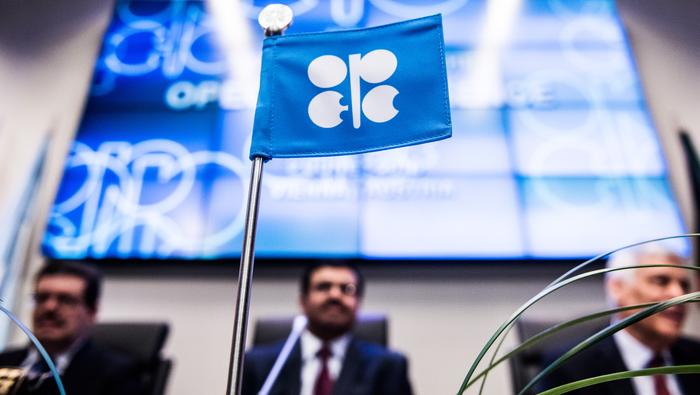What is OPEC?
OPEC + is a group of oil-producing countries that controls a significant portion of the world’s oil supply. OPEC, or the Organization of Petroleum Exporting Countries, was founded in 1960 and initially consisted of just five countries: Iran, Iraq, Kuwait, Saudi Arabia, and Venezuela. Since then, the group has expanded to include 14 member countries, including Qatar, Nigeria, and Angola. In 2016, OPEC formed an alliance with 10 non-OPEC oil-producing countries, including Russia, Mexico, and Kazakhstan, to form what is now known as OPEC +. The alliance aims to manage global oil supplies to support oil prices and maintain a stable oil market.
OPEC+ and Why it Was Formed?
OPEC + was formed in response to the dramatic drop in oil prices in 2014. At the time, oil prices had fallen from over $100 per barrel to below $30 per barrel. The drop in prices was due to a combination of factors, including oversupply, weak demand, and the rise of shale oil production in the United States. OPEC + was formed as a way to address the oversupply problem and stabilize prices.
The alliance has been successful in managing global oil supplies and supporting prices. Since its formation, OPEC + has implemented production cuts to reduce global oil supplies and increase prices. For example, in 2016, OPEC + agreed to cut production by 1.8 million barrels per day. The production cuts have helped to rebalance the global oil market and support prices.



The Impact of OPEC and OPEC+ on the Global Oil Market
The impact of OPEC + on global oil markets is significant. The group controls a large portion of the world’s oil supply and has the ability to influence oil prices through its production decisions. When OPEC + reduces production, oil prices tend to increase. When the group increases production, oil prices tend to decrease.
In addition to its production decisions, OPEC + also influences oil prices through its market sentiment. The group has a strong influence on how the market perceives the state of the oil industry. When OPEC + members express confidence in the oil market, prices tend to increase. When members express concern about oversupply or weak demand, prices tend to decrease.

Source: Refinitiv, OPEC and CNBC
*NOTE: The 2.1million bpd reduction in December 2019 includes voluntary reductions.
The influence of OPEC + on global oil markets has not been without controversy. Some critics argue that the group’s production decisions are aimed at benefiting its member countries at the expense of other countries. For example, when OPEC + reduces production, it can lead to higher oil prices, which can benefit member countries but hurt oil-importing countries.
There have also been concerns about the impact of OPEC + on the global transition to renewable energy. Some critics argue that the group’s efforts to support oil prices could delay the transition to renewable energy by making it more difficult for alternative energy sources to compete with oil.
Despite these concerns, OPEC + remains a significant player in the global oil industry. The group’s ability to manage global oil supplies and influence oil prices is likely to continue for the foreseeable future. However, the group may need to adapt to the changing energy landscape, including the growing demand for renewable energy, in order to maintain its relevance in the long term.
Trade Smarter - Sign up for the DailyFX Newsletter
Receive timely and compelling market commentary from the DailyFX team
The Effects of Production Cuts and Increases by OPEC+
To gauge the effect OPEC + has on the oil market I have a chart below showing WTI oil on a daily chart. OPEC + announced a production cut over the weekend of March 31 to April 2, 2023. The impact saw oil prices gap higher following a Friday close around $75.60 a barrel and open around the $81.38 a barrel mark, a gain of around 7.6%.

Source: TradingView, Created by Zain Vawda
Summary
In conclusion, OPEC + is a group of oil-producing countries that has a significant impact on global oil markets. The group’s production decisions and market sentiment can influence oil prices, and its efforts to manage global oil supplies have helped to support prices and maintain a stable oil market. While there have been concerns about the group’s influence on the global transition to renewable energy, OPEC + remains a significant player in the global oil industry. As the energy landscape continues to evolve, the group will need to adapt to maintain its relevance in the long term.
Written by: Zain Vawda, Market Writer for DailyFX.com
Contact and follow Zain on Twitter: @zvawda



